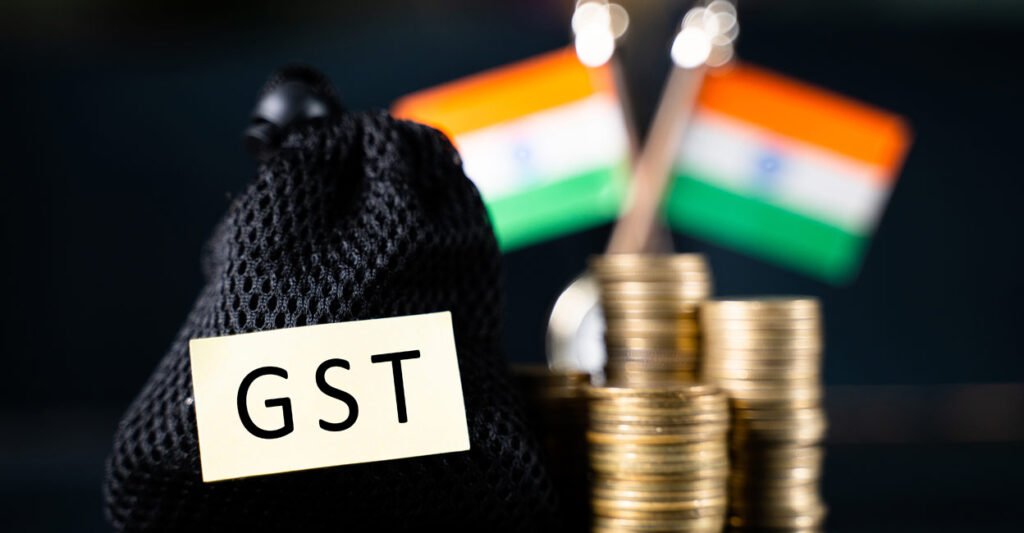GST Rates Revised: Here’s the full list of what gets cheaper or costlier?
The decision by the GST Council to raise rates on some goods and services while expanding the scope of its coverage will likely worsen the plight of the average person, who is already struggling with high inflation. On July 18, a GST of 18% will be charged on bank chequebooks and loose-leaf checks, while a GST of 12% will be charged on maps, atlases, and globes. Similar to how unbranded but pre-packaged cereals, curd, lassi, buttermilk, and other food items will be removed from the exemption list and brought inside the GST net. Ink for writing, printing, or drawing will also cost more. The decision to rationalise rates was made during the two-day 47th GST Council Meeting, which began on Tuesday in Chandigarh and was presided over by Union Finance Minister Nirmala Sitharaman. The GST rate on medical devices including intraocular lenses, ostomy and orthopaedic appliances, splints and other fracture appliances, artificial body parts, and other items that are worn, transported, or implanted in the body to make up for a defect or impairment, however, has decreased from 12 to 5%. The GST rate for products and passengers transported by ropeway has been reduced from 18% to 5%, and the rate for renting a truck or goods carriage that includes the cost of gasoline has been reduced from 16% to 6%. Other items with higher GST rates include printing, writing, or drawing ink (12% to 18%), knives with cutting blades, paper knives, pencil sharpeners, spoons, forks, ladles, skimmers, cake-servers, etc. (12% to 18%), power-driven pumps primarily used for handling water, such as centrifugal pumps, deep tube-well turbine pumps, submersible pumps, bicycle pumps, and so on (12 per cent to 18 per cent). The price of “pawan chakki” wet grinders, also known as air-based atta grinders, which are used for cleaning, sorting, and grading seeds, grains, and pulses, as well as other milling and cereal-related machinery, increases from 5% to 18%. Rates for dairy equipment, milking machines, and machines for cleaning, grading, or sorting eggs, fruit, or other agricultural produce and its parts will increase from 12% to 18%. Solar water heater and systems, prepared/finished leather, chamois leather, and composition leathers increase up from 5% to 12%, as do LED lamps, lights, and fixtures, their metal printed circuit boards, drawing, and marking tools. In terms of the services, the rates have been increased for jobs involving the processing of hides, skins, and leather, the production of clay bricks, and contracts for the construction of roads, bridges, trains, metro, effluent treatment plants, crematoriums, and other projects. Additionally, raised are the concessional fees for petroleum, coal bed methane, and electronic waste. Economy class passengers are the only ones exempt from paying for air travel to and from North East states and Bagdogra. Hotel lodging up to Rs 1,000 per day is taxed at 12%, while hospital room rent (excluding ICU) over Rs 5,000 per day per patient is taxed at 5% up to the amount charged for the room, without considering input tax credits. The provision of such services by an individual is the only scenario in which training or coaching in recreational activities connected to the arts, culture, or sports is exempt from tax. The following services are no longer exempt: renting residential space to business entities (registered persons), providing services by cord blood banks for preservation, transportation by rail or vessel of railroad equipment and materials, storage or warehousing of goods subject to tax (such as nuts, spices, copra, jaggery, cotton, etc.), fumigation of agricultural produce in a warehouse, and services by the RBI, IRDA, SEBI, and FSSAI. With inputs from Agencies The author, Pratik Ghosh is associated with ArdorComm Media
GST Rates Revised: Here’s the full list of what gets cheaper or costlier? Read More »

